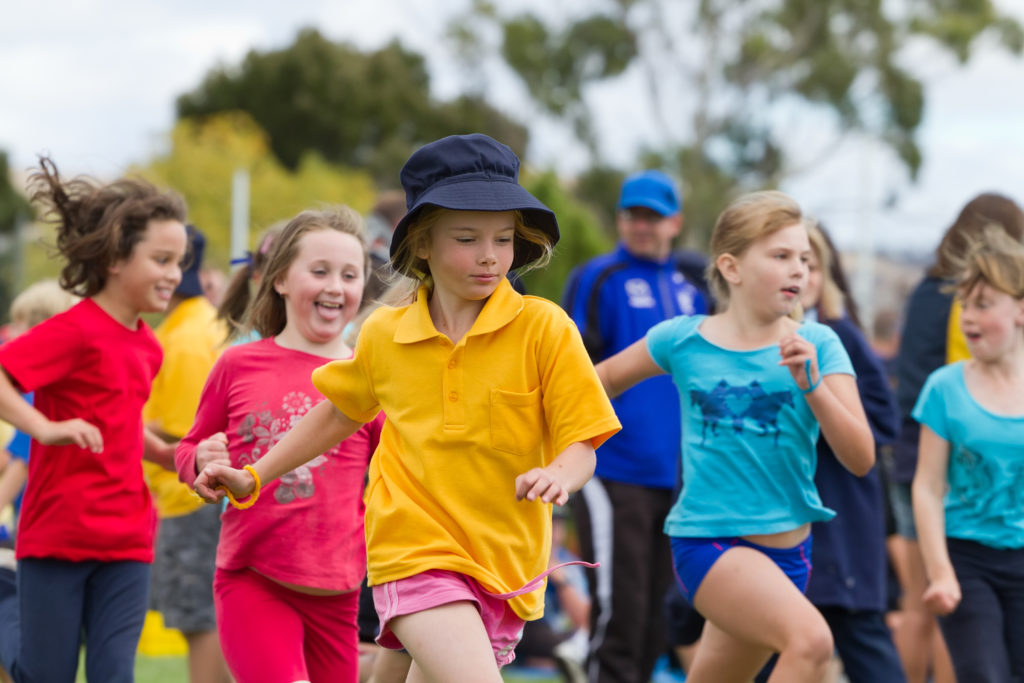Quick Hits
Daily brief research updates from the cognitive sciences

I always find these long-term studies fascinating. Imagine launching study and not knowing what the outcomes will be for another 30 years!
This is precisely what this study did. It measured children in 1985 and now the researchers at the Monash University in Australia have analysed the data over a 30-year period.
What did they find?
Well, as the title suggest it found some interesting correlations. 1’200 children between the ages of 7 and 15 were measured on various aspects of fitness: fitness (cardiorespiratory, muscular power, muscular endurance). In addition, their obesity, or rather thier waist-to-hip ratio, was measured.
There was then follow up assessments on psychomotor speed-attention, and various cognitive functions at three different time points.
They found that higher physical fitness and lower obesity in childhood had better scores on processing speed and attention, as well as in global cognitive function. Of note is that cognitive functions in mid-life are also associated with risk of dementia in later life.
This shows that fitness as a child leaves life-lasting benefits. This is not the only study to note this I have also reported on the healthier brains and better brain circuits that seem to last a lifetime in children who exercise.
So, if you have kids – make sure they get their exercises. If you are a kid get some exercise. If you are already an adult – well, you might not reap the full benefits of childhood exercise, but exercise is still very good for many things as I reviewed here, and even the simplest exercise of all, walking, has amazing benefits●

Andy Habermacher
Andy is author of leading brains Review, Neuroleadership, and multiple other books. He has been intensively involved in writing and research into neuroleadership and is considered one of Europe’s leading experts. He is also a well-known public speaker speaking on the brain and human behaviour.
Andy is also a masters athlete (middle distance running) and competes regularly at international competitions (and holds a few national records in his age category).
Reference
Jamie L. Tait, Taya A. Collyer, Seana L. Gall, Costan G. Magnussen, Alison J. Venn, Terence Dwyer, Brooklyn J. Fraser, Chris Moran, Velandai K. Srikanth, Michele L. Callisaya.
Longitudinal associations of childhood fitness and obesity profiles with midlife cognitive function: an Australian cohort study.
Journal of Science and Medicine in Sport, 2022
DOI: 10.1016/j.jsams.2022.05.009
More Quick Hits
Neurons for alcohol withdrawal
I’ve reported on alcohol a number of times. Most recently reporting that even low quantities of alcohol appear to age the brain (however, higher quantities are much worse). Researchers had previously found that a signalling molecule pathway in the brain seemed to...
How the Arts Help Self Control
Quick HitsDaily brief research updates from the cognitive sciencesome people criticise arts education, thinking that it is more play and has no clear life function. Normally a certain type of conservative. This is short minded; we know that arts...
How the gut communicates with your brain
Quick HitsDaily brief research updates from the cognitive sciences ust after publishing the article on Serotonin and stating that the gut and brain’s serotonin systems can be considered separate entities, out comes a piece of research to show that...
Are you an “elite sleeper”? It’s in your genes.
Quick HitsDaily brief research updates from the cognitive sciences ’ve reported many times on different aspects of sleep and how important this is for health in general and for brain health in particular. You can go here for a short review of all...
Controlling social mingling by laser
Quick HitsDaily brief research updates from the cognitive sciences here has been plenty of research into brain areas that contribute to our social brain but these researchers around Stephen Mague at Duke University went a step, or two, further and...
Exercise is Infectious
Quick HitsDaily brief research updates from the cognitive sciences his is an older study (2017) I came across and found fascinating. As many of you regular readers will know I have reported many times on the benefits of exercise. But this study was...






